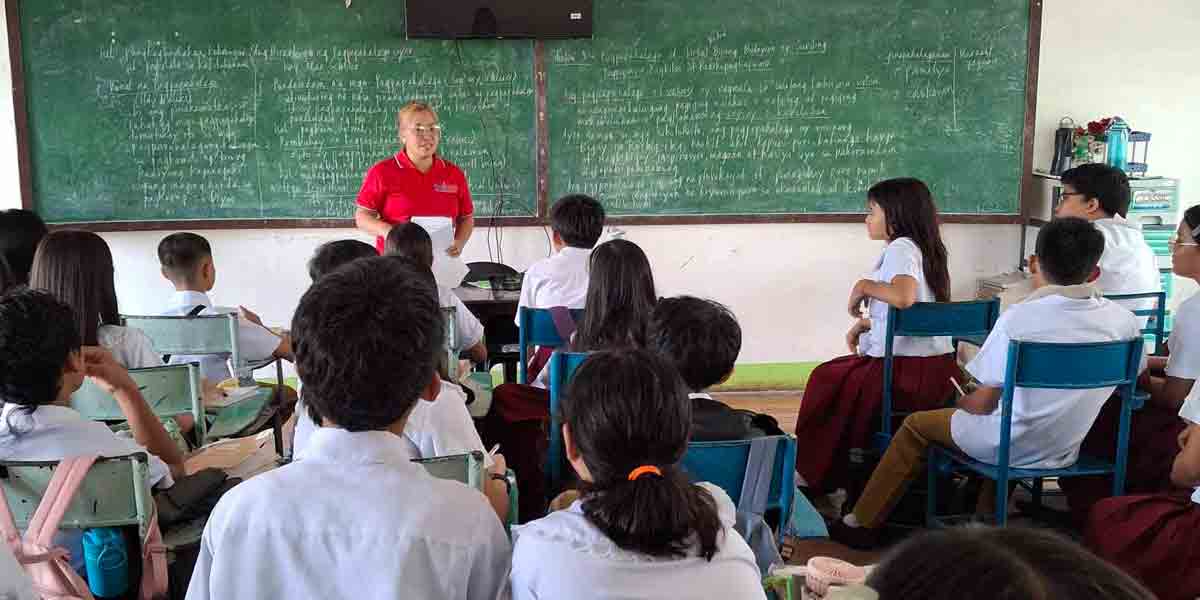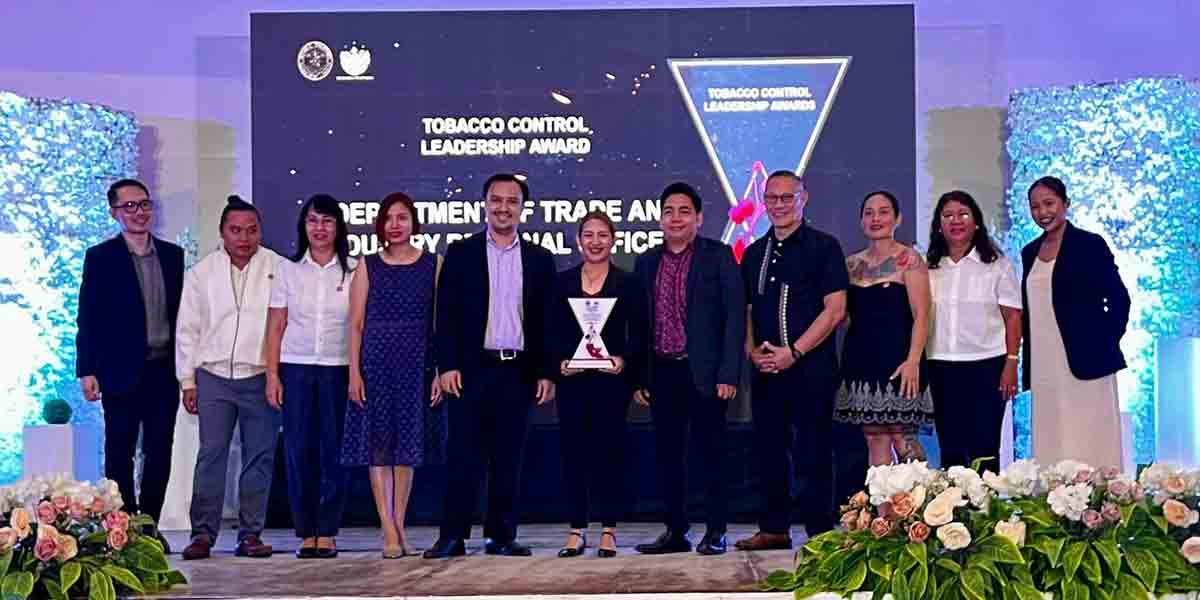The Department of Health (DOH) of the Philippines reaffirms its commitment to vigilant monitoring for emerging infectious diseases while continuing to manage other health concerns affecting Filipinos.
This stance comes a year after President Ferdinand Romualdez Marcos Jr. acknowledged the downgrade of COVID-19 from a public health emergency, based on recommendations by the Inter-agency Task Force for the Management of Emerging Infectious Diseases (IATF) and consistent with World Health Organization (WHO) pronouncements.
The COVID-19 pandemic triggered unprecedented public health responses, and the Philippines was among the nations that adopted a ‘PDITR’ response framework early in the crisis.
This framework, encompassing prevention, detection, isolation, treatment, and reintegration, has proven effective, as seen in the current COVID-19 statistics.
Recent data from March 4, 2024, show a significant decrease in new cases—averaging only 36 per day, which is a 27% drop compared to the previous week.
Innovation in detection methods, such as the nationwide establishment of molecular laboratories for PCR testing, not only kept the COVID-19 cases in check but is now being repurposed to combat other diseases like Tuberculosis and HIV/AIDS.
Resource management within healthcare facilities has also improved, with only 10% of dedicated COVID-19 ICU beds and 11% of non-ICU beds currently occupied. Severe and critical admissions remain low at 156 cases.
The Philippines had laid the groundwork for a resilient health system even before the pandemic, with the passage of the Universal Health Care Act (RA 11223).
The law led to the creation of integrated local health systems and Health Care Provider Networks (HCPNs).
The effectiveness of this integration was demonstrated through the pandemic with initiatives like the One Hospital Command, which has evolved into the National Patient Navigation and Referral Center. This concept is currently in effect in four provinces: Benguet, Laguna, Aklan, and Sarangani.
The low severity and fatality rates of recent COVID-19 cases are attributed to the country’s high vaccination coverage, which provided access to several types of vaccines, especially for vulnerable groups.
Health Secretary Teodoro J. Herbosa reflected on the progress made and emphasized the importance of the UHC Act.
“Moving forward, we have learned our lessons and we now know better. The UHC Act is still our reference, and it is the order of President Marcos to strengthen primary health care to prepare us for the next pandemic,” Herbosa said.
The narrative set forth by the DOH outlines the Philippines’ readiness for future health crises, drawing from the experiences and structures tested by the COVID-19 pandemic.






















